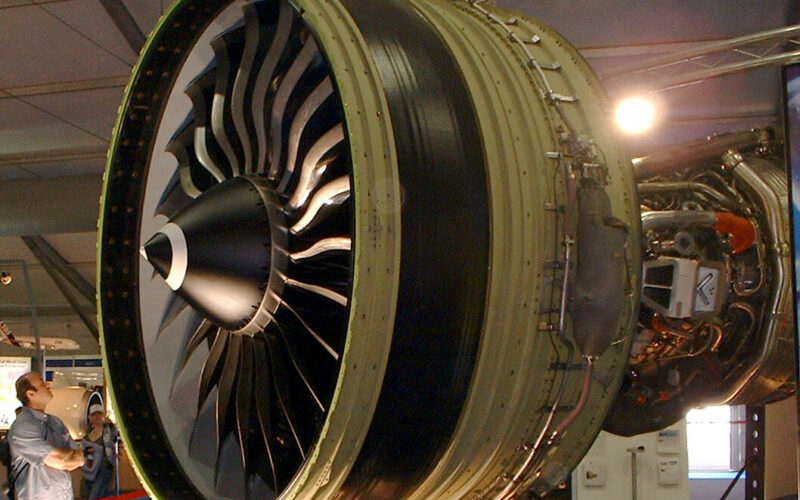The Federal Aviation Administration (FAA) issued an emergency airworthiness directive (AD), warning Boeing 777-300ER powered by GE engines of a potentially unsafe condition affecting the power plants. This is the second emergency AD, which follows an uncontained engine fire incident back in October 2019.
The emergency AD, issued by the FAA on January 17, 2020, orders operators to have interstage seal removed from General Electric Company GE90-110B1 and GE90-115B model turbofan engines, listing 16 serial numbers. The AD comes in addition to a previous emergency AD, which listed eight engine serial numbers.
The requirement follows investigative findings into October 2019 event, during which a Boeing Model 777-300ER, powered by GE GE90-115B model turbofan engines, experienced an uncontained high-pressure turbine (HPT) failure. As a result, the aircraft suffered damage and had to abort a takeoff.
It is understood that the incident in question is Thai Airways Flight TG-970. On October 20, 2019, Thai Airways’ Boeing 777-300ER was due to operate a long-haul flight from Bangkok, Thailand to Zürich, Switzerland, with 359 people onboard. The widebody was accelerating for takeoff from runway 01L when the left-hand engine (GE90) failed.
The crew rejected the takeoff and safely returned to the apron. None of the 339 passengers or 20 crew were injured during the incident. The aircraft, on the other hand, was damaged by debris from the failed engine, which impacted the aircraft fuselage and the other engine.
Thai Airways Intl Boeing 777-300 (HS-TKL, built 2012) suffered an uncontained failure of ist left Engine (GE90) whilst taking off runway 01L at Bangkok on flight #TG970 to Zürich. None of the 359 people in board was Hurt. Damage is being assessed. https://t.co/PSCm0vPBlB pic.twitter.com/0DSwKpNmbl
— JACDEC (@JacdecNew) October 21, 2019
Shortly after the incident, on October 23, 2019, the FAA issued an emergency AD, requiring operators to remove Interstage Seal from General Electric Company (GE) GE90-115B model turbofan engines, listing eight serial numbers of affected engines.
As was stated within the directive, it was prompted by an uncontained high-pressure turbine (HPT) failure that resulted in an aborted takeoff of a Boeing 777-300ER on October 20.
The authority has highlighted that uncontained HPT failure, if not addressed, could result in the release of high-energy debris, damage to the engine or airplane, and possible loss of the airplane.

